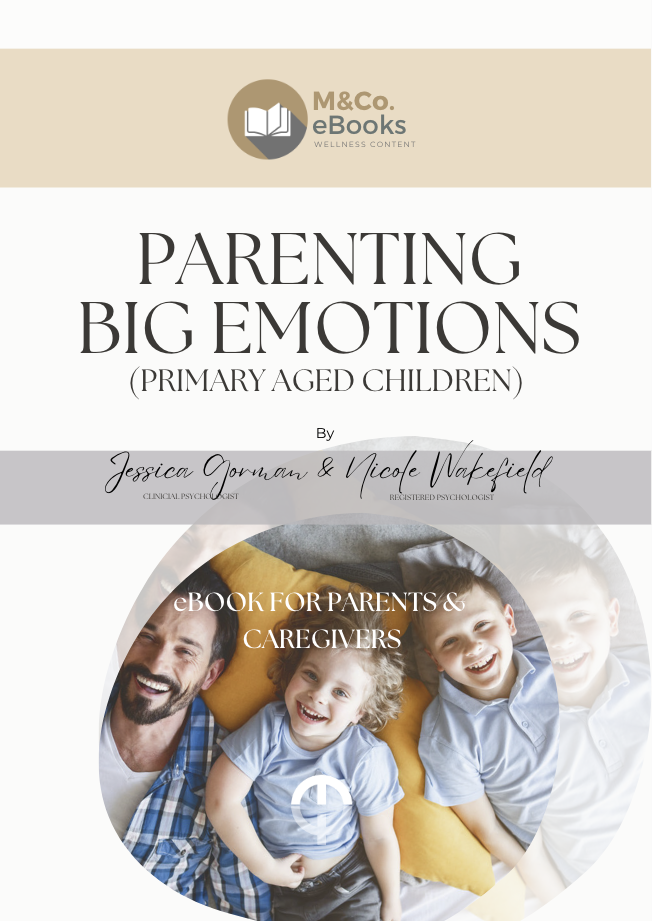Coping with Loss around the Holidays, by Kristin Tovey
Hi, I'm Kristin and I'm a Senior Social Worker. Here's some tips and activities that could help this holiday season! The Christmas period can be a very busy and costly time for many people. From November onwards we are often surrounded by reminders of Christmas everywhere we go in many different contexts - no escape.
If you are a person who loves Christmas and the build up to this time, it is exciting and energising. If you are not a person who loves this time, it can have the opposite effect.
Christmas means different things to different people and is influenced by culture, beliefs, and past experiences. It is also a time that can increase distress in people, enhance financial strain and highlight losses.
When you have lost a significant person in your life, Christmas can be a reminder of this and amplify the pain, whether it is the first Christmas without the person or the 10th Christmas.
Here are some reminders that may help you through this time and can be applied for anniversaries and any other significant event:
Plan:
Occasions such as birthdays and Christmas often come with established traditions and rituals. Some people prefer to stick with traditions they have always had, but don’t be afraid to alter your traditions if you need to.
There may be times you want to be on your own rather than with others. If you feel like some company, be clear on who you can phone or visit on the day.
Your ‘normal’ has inevitably changed, and you may prefer to create new traditions accordingly. If you decide to cancel your usual activities altogether, that’s OK too. It is encouraged that you plan something else to do, as too much free time may leave you feeling isolated and lonely.
Share your plan with family and friends:
Once you have planned how you would like the day/occasion to go, make sure you let your friends and family know this is what you intend to do. Be honest with them and let them know that it is a difficult time for you.
They may feel unsure how to act around you, so let them know that it is OK for them to talk to you about your loved one even if you become upset. Consulting with your family members about their ideas for Christmas may also be helpful in planning.
If you are planning to attend an event or gathering, it might be useful to let the organiser know that whilst you intend to go, this may change on the day, or you may need to leave early depending on how you are feeling. This will help give you a sense of control over the day and help in feeling comfortable leaving if it all gets too much.
Take good care of yourself:
It is important to take good care of yourself physically and emotionally in the lead up to, and during significant occasions.
This includes eating well and listening to your body. Not suppressing your emotions which can also include enjoying yourself for periods of the day - remember happiness and sadness can co-exist, and being happy is not disrespectful to the memory of your loved one.
Keep a journal in the lead up to, and after the significant occasion – make note of things that were particularly difficult so that you can better navigate them next time.
Keep in touch:
Once you have made your plans, let family or friends who may be affected by your plans know. This allows you to be honest about where you’re at and what you need, and why you have made the choices you have. Staying in touch will help to avoid confusion which can just cause more.
Remember in your own way:
Choose to find a way to mark your change or loss that suits you. This may be helpful because it acknowledges how things are for you while being a positive action to take.
Some examples include:
- light a candle
- visit a special place
- look through photo albums, view video clips, or look at books or boxes of memories
- plant a tree
- have a small ceremony or prayer
- play special music
- have a holiday toast or share a special meal
- release balloons
- make time to share stories and memories with those close to you.



